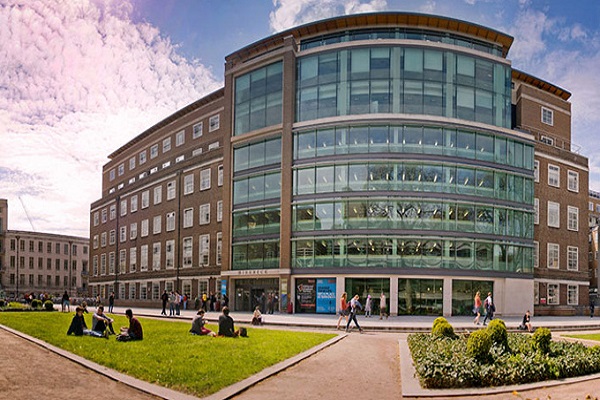Birkbeck University of London’s New Report Reveals One-Quarter of Academic Papers Aren’t Preserved for the Future
Over the past 20 years, academic journals have moved almost entirely from print to digital. Academic research is now more accessible than ever, but these changes have also presented challenges in how it is stored.
Whilst there are major scholarly digital archives in which material can be preserved, in a recent analysis by Martin Eve, Professor of Literature, Technology and Publishing at Birkbeck, of almost 7.5 million randomly chosen journal articles Martin discovered approximately 28% of articles appeared to have no preservation.
Martin Eve commented, “This work has revealed an alarming preservation deficit. Without active understanding and intervention, we will continue to lose valuable material and the existence of digital links to scholarship and research is threatened.
“Part of the problem appears to stem from publishers not realising it is their responsibility to digitally preserve, and also that smaller publishers with less revenue tend to have less robust preservation cultures, though this is not universally true. This suggests that the uneven distribution of wealth in the scholarly publishing industry, with a few very wealthy publishers, many impoverished ones and few in between, is placing material at risk of disappearing.
“Clearly, much more education is needed among publishers on the important matter of digital preservation. We also need, though, to think about the resourcing for digital preservation and find ways to level the playing field. There is, of course, always a cost in preserving material indefinitely. The uneven revenue distribution in scholarly communications should not be a barrier to the robust, long-term sustainability of digital material.”
William Kilbride, of the Digital Preservation Coalition, welcomed the report: “Martin’s findings are incredibly important. Publishers and libraries have been at the leading edge of digital preservation. We’ve been arguing for years for urgent investment to ensure research remains viable against the fluctuating fortunes of the publishing industry. It’s pleasing to see progress, but telling how much more there is to do.”

